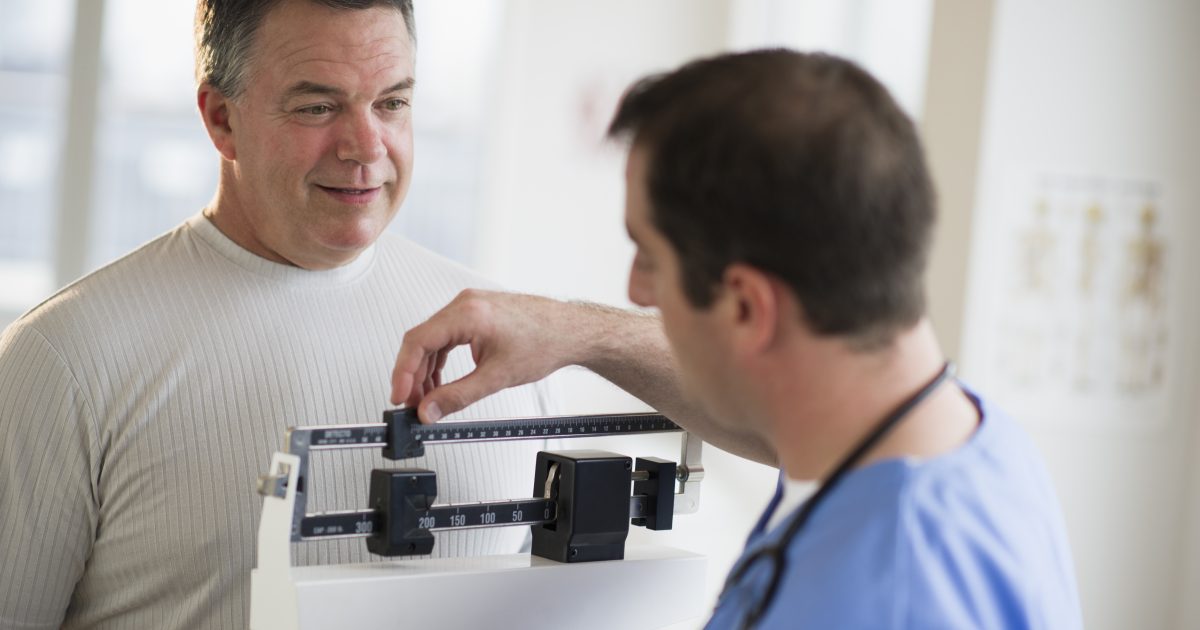Obesity On the Rise
- The CDC released data showing that the number of states with high levels of obesity prevalence (35% or greater) continues to increase, almost doubling over the past three years.
- There are significant racial, ethnic, and geographic disparities in which Americans struggle with obesity and with the health complications that can come from it.
- Obesity is a risk factor for multiple kinds of cancer, and it is associated with worse long-term treatment outcomes.
Obesity can make it more difficult to treat cancer, and there are racial and ethnic disparities both in rates of obesity prevalence and in treatment outcomes for cancer patients.
Read MoreDr. Sagar Lonial discusses the role of diet and exercise in cancer risk.
Obesity and Cancer Treatment
Obesity increases an individual's risk of developing a range of dangerous health conditions, including several types of cancer (breast cancer, prostate cancer, and pancreatic cancer among others). In addition to increasing the likelihood of developing certain cancers, obesity is associated with worse treatment outcomes.
In a previous interview with SurvivorNet, Dr. Stephen Freedland of Cedars Sinai Medical Center said, “Some of the best data we have is that obesity increases the risk of not just getting prostate cancer, but actually dying from prostate cancer. Obese men are 35 percent more likely to die from prostate cancer.”
Conditions caused or exasperated by obesity like diabetes and heart disease can lead to additional complications from cancer treatment, and they can sometimes prevent patients from receiving the recommended first-line therapies. Obesity even increases the risk of undergoing surgery. Overweight patients might not have the option of surgically removing cancers because the possible complications could outweigh the benefits.
Joseph Dowdell, RDN, LD, of the Cleveland Clinic wrote, "Food can help prevent many of the chronic conditions that increase your risk of cancer. Genetics and other health conditions can impact cancer prevalence as well, but those are usually out of our control. Obesity is something we can control through food and exercise." It is true that diet and exercise can be powerful tools in managing cancer risk, but it is also important to recognize the way that access to quality food and healthcare can create differences in which parts of the population struggle with obesity.
The CDC wrote that in order to address these inequalities and push back against rising levels of obesity, we will need to see “a sustained, comprehensive effort from all parts of society.” This will involve acknowledging health disparities and addressing “the social determinants of health such as poverty and lack of healthcare access.”
Speaking with SurvivorNet, Dr. Andrea Tufano-Sugarman of NYU Langone Health explained the benefits of losing weight: “While all cancers cannot be prevented, losing weight is a great way to reduce one's risk,” she said.
Dr. Tufano-Sugarman said that this is especially true for women, who lower their risk of developing breast cancer and endometrial cancer when they lose weight and keep it off.
Even without losing weight, adopting a more nutritious diet can help.
“Food choices, independent of weight loss, may also help to reduce risk,” said Dr. Tufano-Sugarman. “Research has shown that the Mediterranean diet (rich in fruits, vegetables, nuts and legumes, fish and olive oil) is associated with a decreased risk of cancer. Whereas diets rich in red meat may be associated with an increased risk of colorectal and prostate cancer.”
Obese men are about 35 percent more likely to die from prostate cancer, according to Dr. Stephen Freedland of Cedars-Sinai Medical Center.
Learn more about SurvivorNet's rigorous medical review process.


